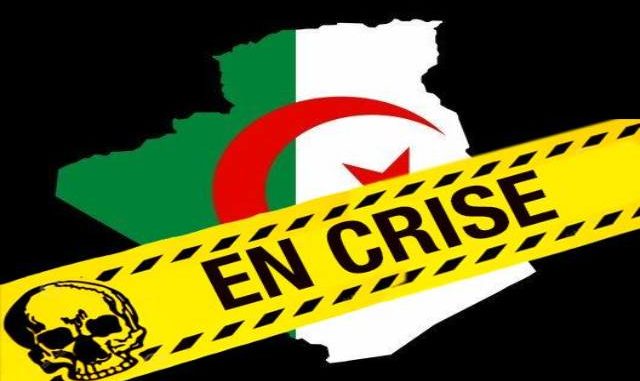
The World Bank has responded to the hostile Algerian media campaign launched against the international financial institution following the release of a report which shed light on the deteriorating socioeconomic situation in the country controlled by a military junta.
In recent days, several news articles were published regarding the World Bank’s Algeria Economic Monitor. Some of these articles included “factually incorrect statements about the content of the report, prepared with the greatest rigor, and its authors, a team of economists working in the Maghreb region”, said the WB in a press release.
“We would like to point out that the World Bank produces regular economic reports for its member countries. The Algeria Economic Monitor is produced twice a year by World Bank staff economists and the latest edition, published on December 22, 2021”, added the statement.
The report, which undergoes “a thorough quality review before it is released, is based exclusively on publicly available data that is referenced in the report, or data that is supplied directly by member country authorities”, underlined the WB.
Its purpose is to contribute to knowledge and dialogue on the economic and social development of the country. The conclusions of the report are consistent with official data available at the report’s data cut-off date (November 1st, 2021), most of which is presented in the bulletin of the Central Bank of Algeria published on December 22, 2021.
“We have noted with regret that some of the articles cited above have adopted language which may not have been fully thought through by their anonymous authors. Unacceptable as they are, these comments will not be responded to, as we do not consider that they could be used as an argument or constitute an element of debate”, affirmed the world in its statement.
In its latest report, the WB said the economic recovery in Algeria’s non-hydrocarbon sectors lost steam, remaining largely incomplete, while inflationary risks are materializing.
Algerian GDP contracted during the first and the second quarters of 2021, tracking the weakening in construction and services activity. Therefore, during the first half of 2021, GDP and nonhydrocarbon GDP remained 3.1 pc and 3.9 pc below their pre-pandemic level, respectively.
Absent decisive implementation of the reform agenda, the economic outlook points to a fragile recovery, and to deteriorating fiscal and external balances in the medium-term.
“We expect real GDP growth to reach 4.1% in 2021, and to decline gradually in the medium-term”, said the World bank economic monitor report, stressing the need for further Algerian human development with focus on health and education.
According to the WB forecast, the country’s budget and current account deficits are expected to gradually deteriorate, amid the projected decline in oil revenues. Inflation will remain elevated over the forecast period, further deteriorating household purchasing power and increasing unemployment.
Algeria’s continuous dependence on hydrocarbon revenues, the spread of new COVID-19 variants and the slow pace of reforms pose serious risks to the country’s economic and political stability.
